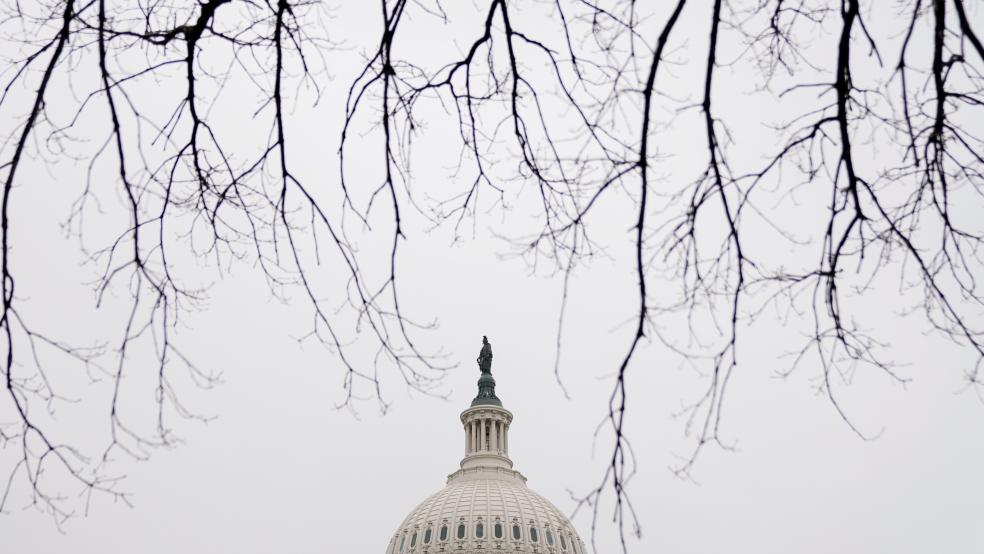The package of spending bills that needs to be passed by March 22 was always going to be more contentious than the first batch of bills approved by Congress last week. The upcoming tranche includes funding for the departments of Defense, Labor, Health and Human Services, State and Homeland Security, with potential obstacles to an agreement scattered throughout. Already, The Hill’s Alexander Bolton reports, some senators in both parties are expressing concerns about the Homeland Security bill in particular due to divisions over President Joe Biden’s immigration policy.
Senate Appropriations Chair Patty Murray, a Democrat from Washington, Sen. Chris Murphy, a Connecticut Democrat, and Sen. Lisa Murkowski, an Alaska Republican, all told The Hill that DHS funding would be the toughest to finalize. “We’re all talking about Homeland and how challenging that’s going to be,” Murkowski said, though she also noted that all of the appropriations bills have been getting bogged down in skirmishes over House conservatives’ desired policy riders. She also suggested that the Homeland Security funding could be separated out from the rest of the package.
House Republicans are reportedly pushing for hardline border security measures, including barrier construction and the “Remain in Mexico” policy for migrants seeking asylum. Among other demands, they reportedly continue to try to zero out the salary of Homeland Security Secretary Alejandro Mayorkas, whom they impeached last month.
One unnamed Senate Democratic source also tells The Hill that House Republicans are balking at delivering billions of dollars in new border funding to the Biden administration for political reasons: “because it might make things better, and they don’t want to make things better.”
What’s next: As negotiations continue, lawmakers reportedly hope to release the legislative text of the next package by Sunday evening ahead of the deadline the following Friday. The Homeland Security bill could be separated out, or congressional leaders could decide that a broader stopgap funding extension is needed to push back the March 22 deadline. Both chambers are scheduled to be in recess from March 23 until the second week of April.
Another twist: The full-year appropriations process has to be completed by April 30 to avoid automatic spending cuts that would kick in under last year’s Fiscal Responsibility Act. But the Congressional Budget Office said today that, under the complicated caps established by that law and the spending bills passed so far, the defense budget would be subject to a 1% cut at the April 30 deadline, but funding for non-defense programs would not face automatic cuts, even if Congress doesn’t pass the next batch of spending bills in time.
“Ultimately, the authority to decide whether sequestration is required and to calculate the percentage reductions, if any, rests with the Office of Management and Budget (OMB),” the budget office said.





